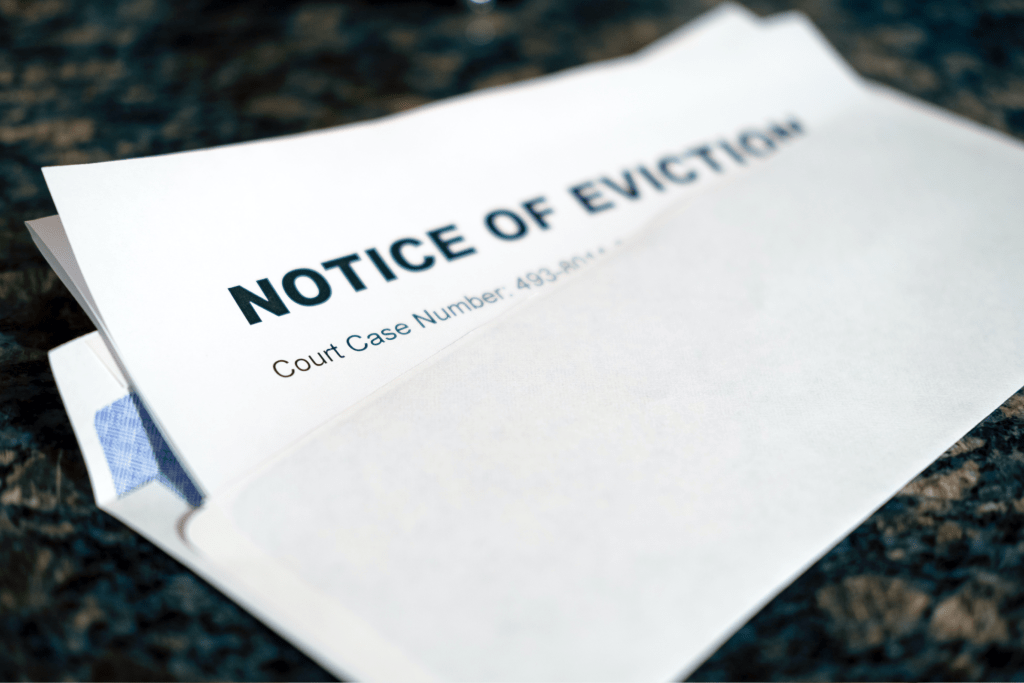For small landlords, legal compliance can be a daunting aspect of property management. Navigating the intricate web of regulations, from fair housing laws to lease agreements, requires a nuanced understanding to avoid potential pitfalls and legal challenges.
One of the key challenges small landlords face is staying informed about the ever-evolving landscape of fair housing laws. Small oversights in advertising, tenant selection, or accommodation requests can inadvertently lead to accusations of discrimination. Small landlords may lack the legal resources available to larger property management companies, making it crucial to proactively seek knowledge and stay updated on fair housing regulations.
To address this challenge, small landlords should consider attending local landlord-tenant association meetings, seeking legal advice when needed, and utilizing online resources provided by housing authorities. Establishing a strong foundation of fair housing knowledge is essential for creating a rental environment that is inclusive and complies with legal requirements.
Lease agreement complexities are another hurdle for small landlords. Drafting a comprehensive and legally sound lease requires careful consideration of state and local laws, as well as an understanding of the specific needs and concerns of both landlords and tenants. Small landlords may not have access to legal teams dedicated to lease agreement creation, making it challenging to create contracts that cover all necessary aspects.
To overcome this challenge, small landlords can utilize online templates specifically designed for their region. Additionally, consulting with legal professionals or joining landlord associations can provide valuable insights into crafting leases that align with legal requirements while protecting the interests of both parties.
Moreover, small landlords should recognize the importance of maintaining meticulous records. Proper documentation of communication, property inspections, and any issues that arise can serve as a crucial defense in legal matters. Having a systematic record-keeping process can be a powerful tool to demonstrate legal compliance and diligence in property management.
In conclusion, legal compliance poses a multifaceted challenge for small landlords. By proactively seeking knowledge, utilizing available resources, and prioritizing meticulous record-keeping, small landlords can navigate the complexities of fair housing laws and lease agreements, ensuring a legal and secure rental business.





